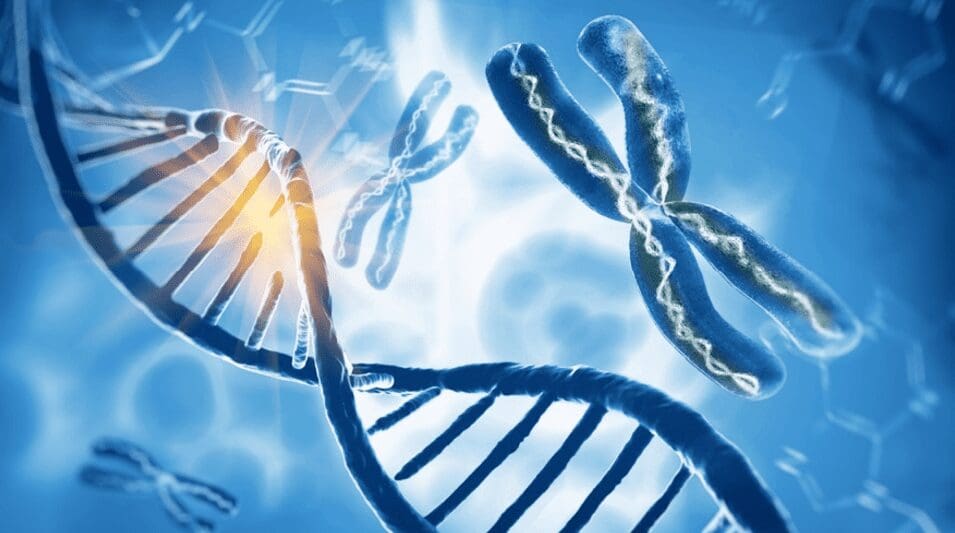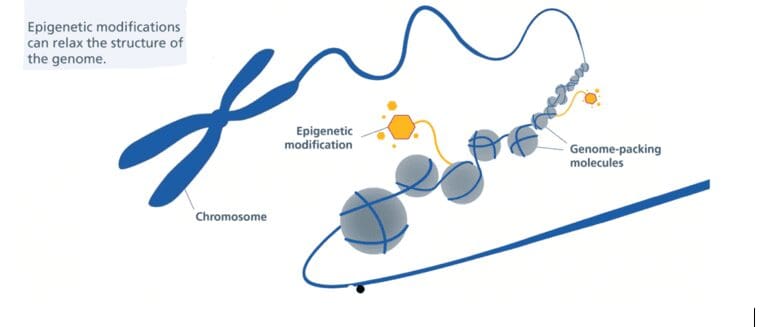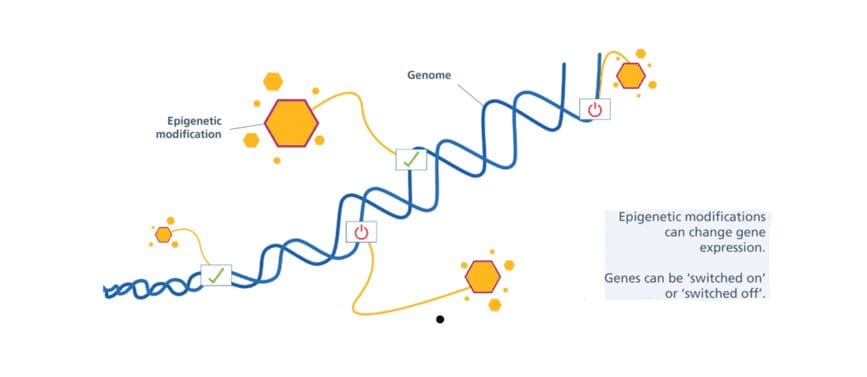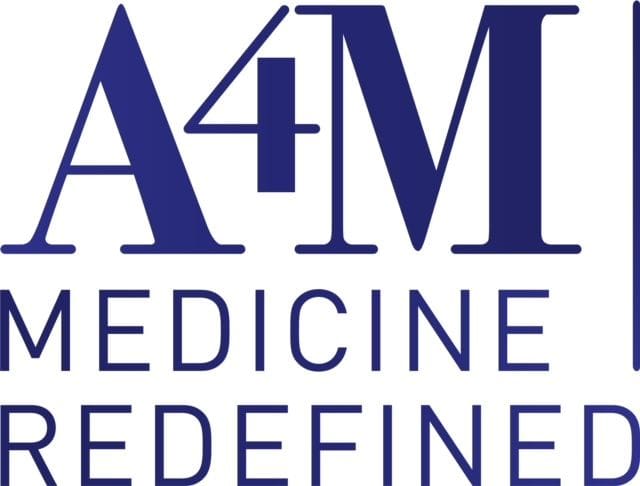Genomic & Genetic Testing
Genomic & Genetic Testing

Genomic Testing, Epigenetic Evaluation (IntellxxDNA)
What Is Genomics Testing?
Genomic testing is used to diagnose, monitor, treat, predict and prevent disease, as well as promote good health in individuals, across communities and whole populations. Technological advances have allowed for greater integration of genomics into healthcare delivery, from screening and molecular diagnostics, to the accurate detection of microbes, and the ability to prescribe and monitor the efficacy of more precise therapeutics. Each of us has a Genome of about 25,000 different genes made up of approximately 3 billion DNA nucleotides or units. Genomics is the study of very small changes in a person’s DNA. The subtle variations in this DNA are not only what make us look different from one another, but also create subtle health differences by changing the instructions for everything our cells make and do; how we make hormones, handle inflammation and what nutrients we need more or less of.
Nearly all the cells in our body contain an identical copy of our genome (DNA), which contains the instructions to build and repair us. Yet, despite having the same set of instructions, cells from different tissues and organs can be very diverse. They may look completely different and have very different functions. The answer is in the way the genome is regulated (how it is used in different cells). This process differs between cells and is partly controlled by something called epigenetics. Epigenetics is a way of influencing how our genome is regulated without the DNA code itself being changed. Epigenetics can determine when genes are turned on and off (also referred to as gene expression), and which proteins are produced as a result. It can even control the structure of the genome, relaxing the tightly packed chromosomes to allow the factors which control gene expression access to the genes within. Without epigenetics, you wouldn’t have developed from a fertilized egg to the multicellular organism you are today.
There are many different types of epigenetic modification (collectively known as the ‘epigenome’) that take place in, or ‘tag’, an organism’s genome. One example of an epigenetic modification is methylation, which is associated with switching genes off. Here, a chemical called a methyl group attaches to a region near the start of a gene and prevents it from being switched on. Another type of epigenetic modification degrades (breaks down) the messenger RNA (mRNA) that is created when DNA is copied by the cell – a process called transcription. Here, non-coding RNA (a type of RNA that does not code for proteins) attaches to the mRNA and marks it for degradation. Most epigenetic modifications are transient and reversible, allowing our cells to respond and adapt to changes in environment and behavior. Although they happen on a molecular level, they can have a considerable impact on us, and can also be influenced by external factors, such as diet and lifestyle.


Genetic Testing (Invitae)
Genetic testing looks for changes, sometimes called mutations or variants, in your DNA. Genetic testing is useful in many areas of medicine and can change the medical care you or your family member receives. Genetic testing can provide a diagnosis for rare genetic conditions or provides information about your risk to developing cancer.
Reasons for Genetic Testing:
- To learn whether you have a genetic condition that runs in your family before you have symptoms
- To learn about the chance a current or future pregnancy will have a genetic condition
- To diagnose a genetic condition if you or your child has symptoms
- To understand and guide your cancer prevention or treatment plan
*To schedule an appointment, please call or email:
telephone: 631-283-0015
email: office@drmagdalenas.com
In office, Telehealth, Virtual visit available
Office locations in Southampton and Manhattan








